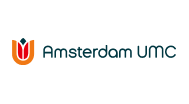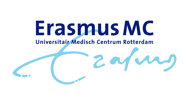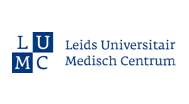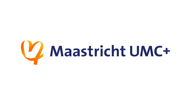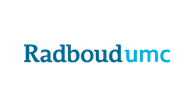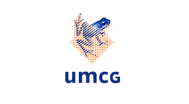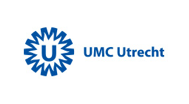About the NFU
Seven umcs. Around 80,000 people. Like a spider in its web, the Netherlands Federation of University Medical Centres (NFU) promotes their interests, both inside and outside the umcs.
The NFU binds and supports the umcs in their core common tasks. We play an intermediary role in overarching agreements and promote the collaboration between the individual umcs. We also stimulate the formation of partnerships with other healthcare parties and scientific institutes on the regional, national and international levels.
We are responsible for the cao (collective labour agreement) and other labour conditions for all umc staff members. We also have a coordinating role in preparing and organising generally applicable guidelines, tools, agreements and events concerning the three core tasks of the umcs: patient care, education and research.
As the NFU, we promote the interests of the umcs towards governments and network partners. We want their unique position to be seen, protected and strengthened, and they must be able to count on optimal boundary conditions in legislation and financing.
We work closely together with other national and international organisations in healthcare, science, education and other sectors. And we ensure that agencies that decide about care, education and science in the Netherlands take the special role of the umcs into account. That is why we have direct links to the government, especially the Ministries of Public Health, Welfare and Sport (VWS), Education, Culture and Science (OCW) and Economic Affairs (EZ). This concerns, for example, the umcs’ societal role.
The Board
The Board of the NFU consists of the chairs of the Boards of Directors of the umcs. Every two years, the chair of the NFU changes. This function is occupied in turn by the chair of one of the umcs. The current chair is Helen Mertens (Maastricht UMC+). The vice-chair is Bertine Lahuis (Radboudumc).
The Board is supported by the four steering committees of the NFU: Labour conditions, Steering & Financing, Training & Patient care, and Education & Research. Members of the steering committees are directors of the umcs. They are supported by the NFU office. That is a relatively small and decisive organisation. The steering committees are advised by the various director consultation groups and work groups.
Characteristic of the NFU is the huge commitment and involvement from the umcs, both administrative and in terms of content. Its motto is: ‘For the members, by the members.’


